

SULFUR
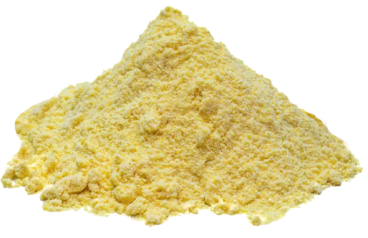
S8
HS Code 250300
Granular and Sulfur Powder
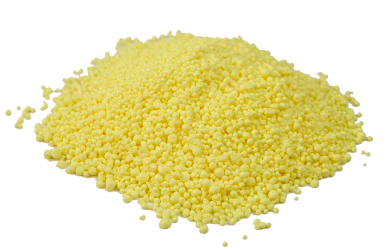
Sulfur, with the chemical symbol S, is one of the essential elements in nature and is widely used in various industries. This material is available in two common forms: granular sulfur and sulfur powder, each with its unique features and applications. On this page, we will explore these two forms of sulfur and their advantages.
Sulfur powder is one of the most widely used forms of sulfur, valued for its fine particles and high reactivity. It is produced in powdered or micronized form and, due to its high surface area, can quickly and evenly mix with other materials. Compared to granular sulfur, sulfur powder is more suitable for precise applications and complex chemical processes.
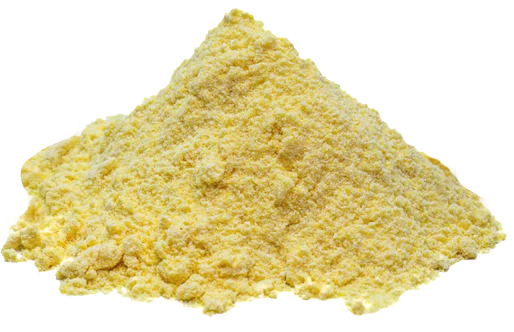
Sulfur powder
Features and Applications
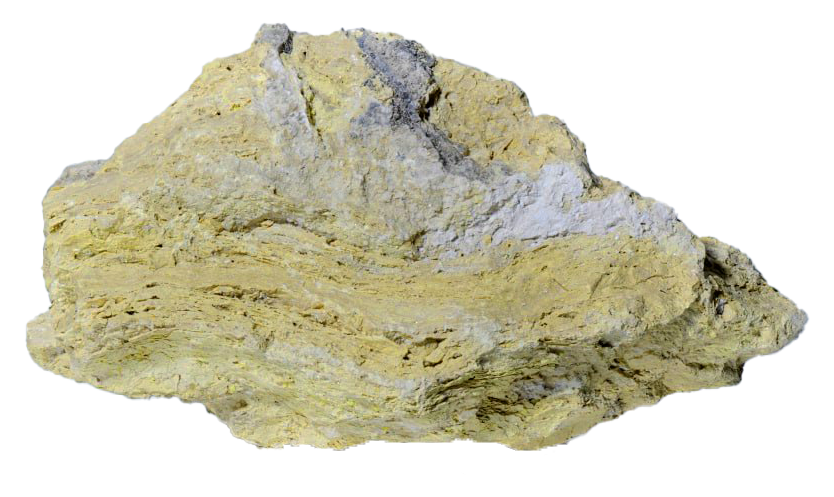
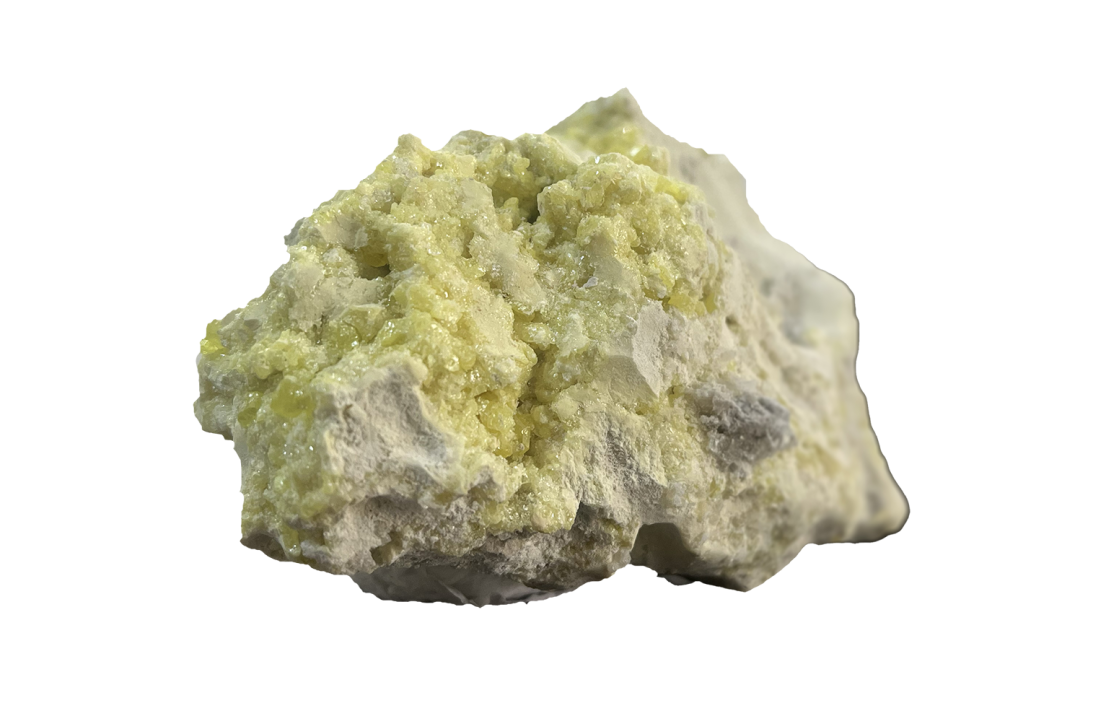
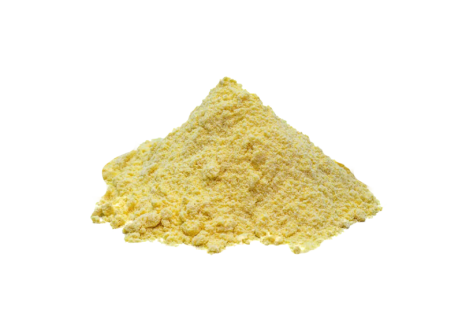
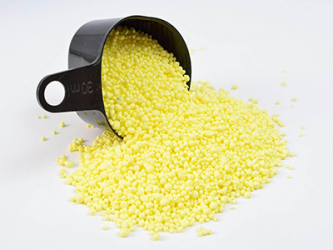

Features of Sulfur Powder
Sulfur powder consists of very fine particles, typically less than 100 microns in size. These fine particles increase the material's surface area, enhancing its reactivity. Another key feature of sulfur powder is its ability to mix quickly and uniformly with other substances. This makes it highly effective in chemical processes, delivering excellent results.
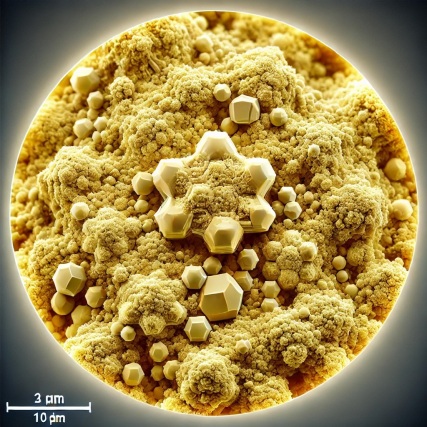
Thanks to its fine particles and high surface area, sulfur powder reacts quickly and can easily blend with other materials. This makes it ideal for precise and sensitive applications. Moreover, due to its rapid mixing capability, sulfur powder saves time and energy in industrial processes.
Advantages of Sulfur Powder
Granular Sulfur
Features and Applications
Granular sulfur is one of the most widely used forms of sulfur, valued for its uniform particle size and high flowability. It is produced in small, uniform granules and, due to its unique physical structure, offers numerous advantages over other forms of sulfur. Granular sulfur is extensively used in agriculture, chemical, and petrochemical industries.
Sulfur granules are recognized as a fundamental chemical substance in the agricultural industry, playing a significant role in improving soil quality and boosting crop production. With its unique properties, this material acts as a nutrient source for plants and aids in enhancing their metabolic processes. The use of these granules not only increases soil fertility but can also help control plant pests and diseases. This article examines the production methods, production volume, mineral sulfur granules, and their impacts on agriculture. The review aims to assist farmers and enthusiasts in maximizing the benefits of this valuable substance while also emphasizing environmental health preservation.
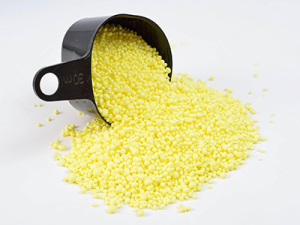
Differences Between Granular Sulfur and Sulfur Powder
Granular sulfur and sulfur powder are two common forms of sulfur, each with its own unique characteristics and applications. These differences make each form suitable for specific uses. Below, we explore the distinctions between these two forms of sulfur.
Physical Form
Granular sulfur is produced in the form of coarse, uniform granules, typically ranging from 1 to 4 millimeters in size. Due to their shape and size, these granules have high flowability and move easily through material handling systems. On the other hand, sulfur powder is produced as very fine, powdered particles, usually less than 100 microns in size. These fine particles give sulfur powder a larger surface area for interaction with other materials.
Applications
Granular sulfur is primarily used in large-scale industries and agriculture. In agriculture, it is used as a sulfur fertilizer to amend soil and provide essential nutrients for plants. It is also used in the petrochemical industry and sulfuric acid production. In contrast, sulfur powder is more suitable for precise applications and chemical industries. It is used in the production of sulfur compounds, food industries, and complex chemical processes.
Advantages
Granular sulfur, due to its coarse and uniform granules, has better flowability and moves easily through material handling systems. Additionally, granular sulfur produces less dust, making it safer for the work environment. On the other hand, sulfur powder, with its fine particles and high surface area, has higher reactivity and mixes easily with other materials. This makes sulfur powder ideal for precise and sensitive applications.
Applications of Sulfur Powder

Paper Industry

Pharmaceutical
Plastics Industry

Chemical Industry

Agriculture
Sulfur powder is used as a natural fungicide and insecticide in agriculture. It helps control fungal diseases and plant pests, promoting healthier plant growth.
Sulfur is a key raw material in the production of sulfuric acid, one of the most important industrial chemicals. Sulfuric acid has extensive applications in the production of fertilizers, petroleum refining, and the manufacture of various chemicals.
Sulfur powder is used in the vulcanization process of rubber, which enhances the strength and elasticity of rubber products.
Sulfur is used in the preparation of certain medications and health products. It serves as an antiseptic and antifungal agent in skincare products.
Sulfur is used in the paper production process as a bleaching agent, improving the quality and whiteness of the paper.















